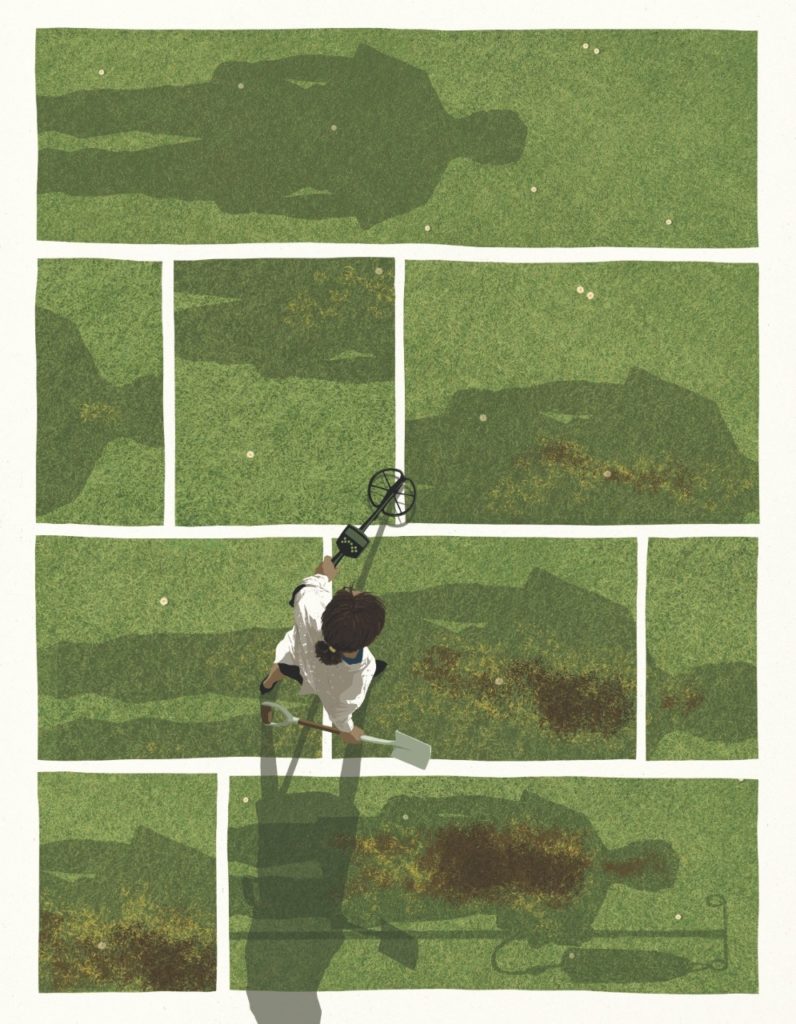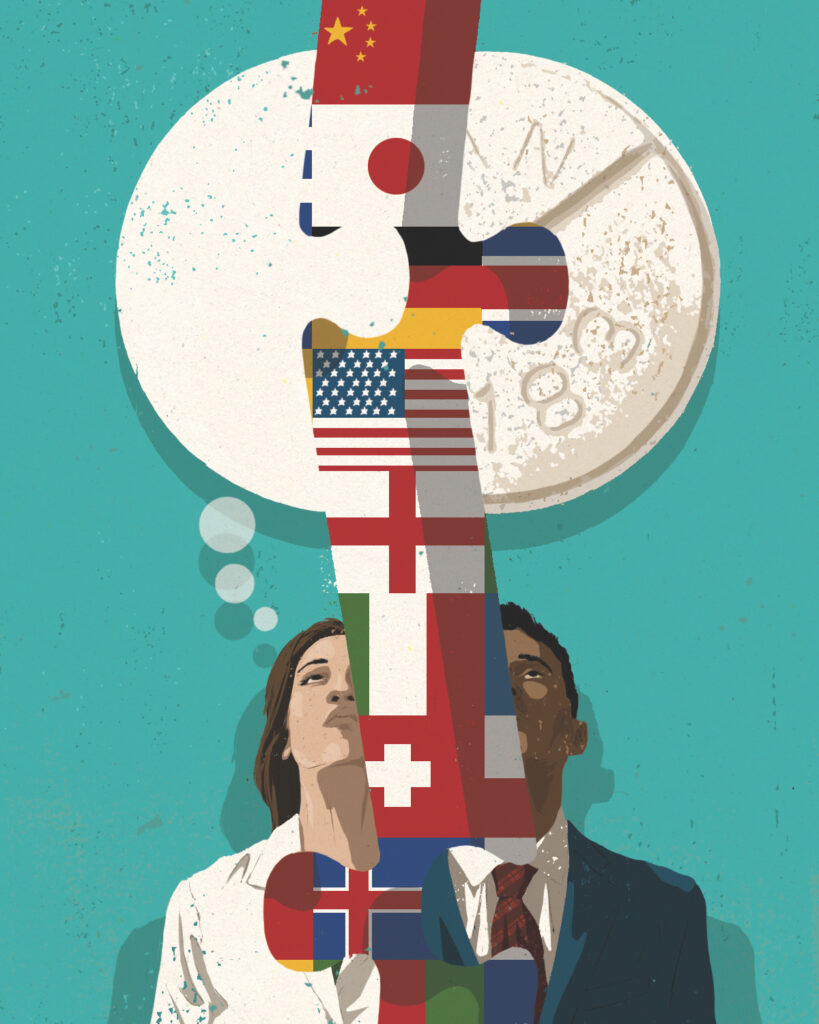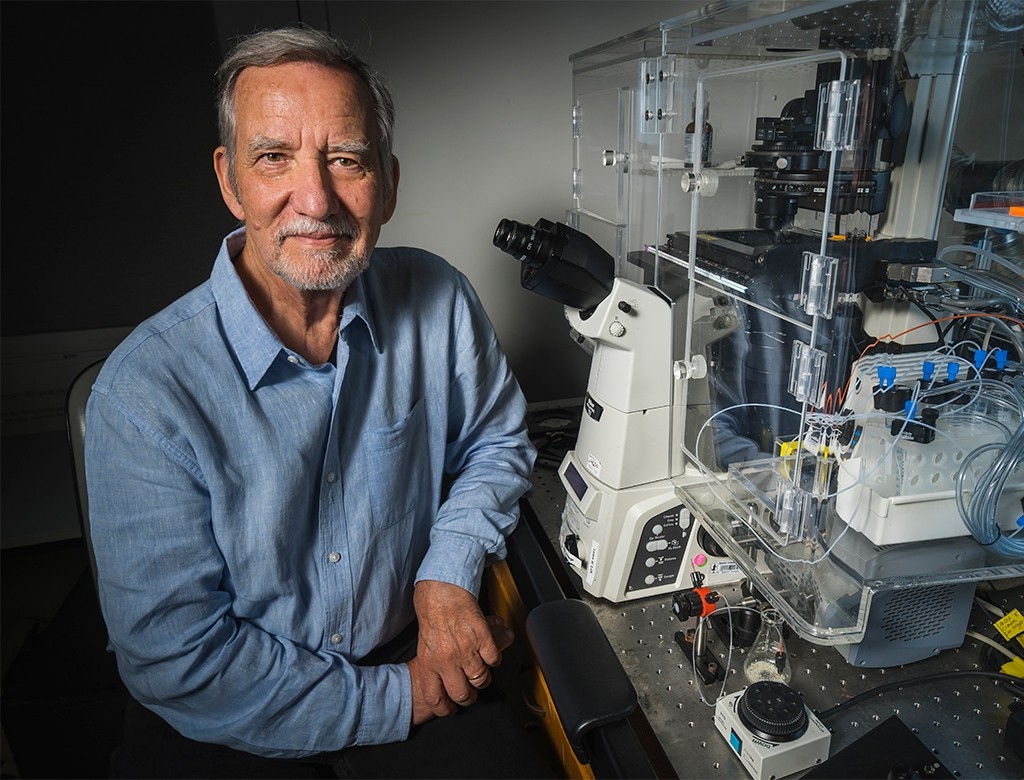The future
Human centered, discovery led
This issue of Stanford Medicine highlights research and programs that reflect a shared vision for the future of the School of Medicine, Stanford Health Care and Lucile Packard Children’s Hospital Stanford.


Stronger together
A shared vision of Stanford Medicine’s future

Human centered, discovery led
Excerpt: Stanford Medicine Integrated Strategic Plan

Compassionate intelligence
Can machine learning bring more humanity to health care?
AI love you
Stanford artificial intelligence projects designed to improve your health

A global vision
The high-tech and high-touch goal to impact 2 billion lives by 2025

Stop it
The new Precision Health and Integrated Diagnostics Center searches for ways to prevent disease entirely

The doctor is in … your gut
Researchers aim to harness microbes in our intestines to cure what ails us

Sparking drug discoveries
Academic research catches fire
Letter from the Dean
Stanford Medicine looks to the future
How a shared vision will keep Stanford Medicine at the forefront of medicine and health care
Plus

Never give up
Serendipity and passion peg an elusive illness

Inside help
Stanford researchers launch a massive study of lung tissue — healthy and diseased — in one of their own

Microfactories
Researchers engineer brewer’s yeast to produce a complex drug that’s in short supply

Perfect pairing
Altering cells could ease a promising cancer therapy’s side effects

One step forward
Teams compete to design an algorithm that can help people with prosthetics learn to move
Upfront

A welcome breath
A bioengineered replacement solves shortage of surfactant, which helps premature babies and people with lung injuries breathe.
Upfront is a quick look at the latest developments from Stanford Medicine
Coral decoded
Knowing the genetic makeup of these marine invertebrates could aid conservation efforts.
Heart disease end run
People who are genetically prone to heart disease can still benefit from regular exercise.
Beyond BRCA
More women with cancer are opting to skip BRCA test in favor of mutlipanel analysis.
Aging cells
Cleaning out digested proteins could reboot the ability of aging cells to make new neurons.
Spotting autism
Low levels of the hormone vasopressin could be a biomarker for autism.
Fight, flight or freeze
Manipulating brain switches could change our responses to fear.
Giving back
Paul and Mildred Berg establish endowed professorship and name biochemistry professor Mark Krasnow as its inaugural recipient
Explore issues

Reclaiming health
Solving the chronic disease puzzle

Reimagining cancer
Innovation-driven exploration and care

The majestic cell
How the smallest units of life determine our health

Psychiatry’s new frontiers
Hope amid crisis
